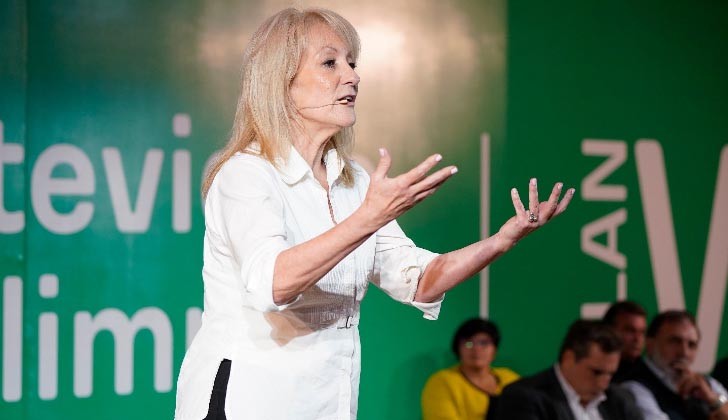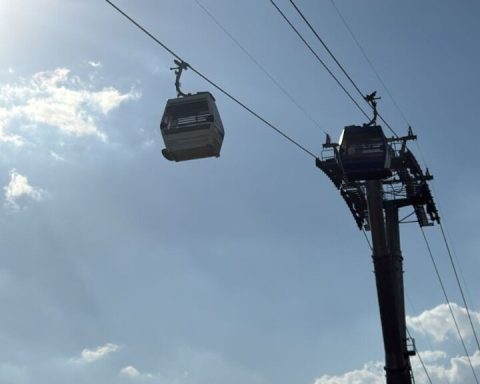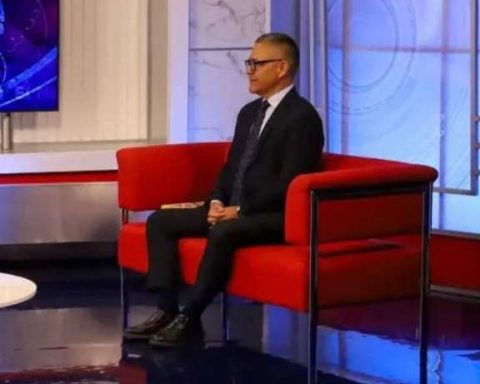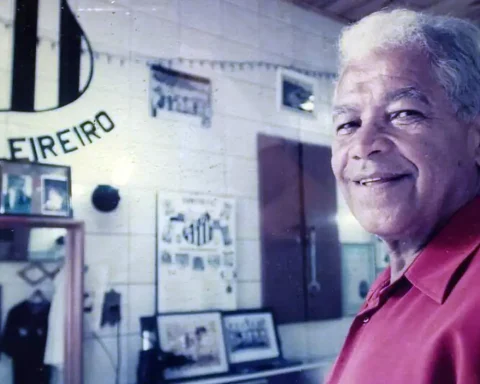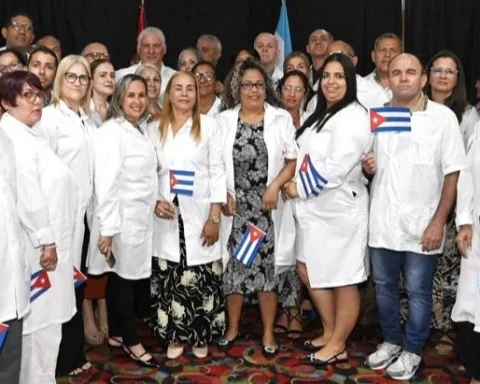The protection of the rights of children and adolescents in Nicaragua continues being a challenge for state authorities and organizations that work this approach. The environment of violence that children face suggests reviewing the inter-institutional preventive protocols that the country has.
Vanessa Pichardo, protection specialist, from the United Nations Children’s Fund in Nicaragua, Unicef for its acronym in English, explained that the most distant departments and municipalities are where the greatest vulnerability of children remains. «In those territories where there is not the presence of all the institutions is where the environment lends itself more to problems or challenges“, he pointed.
However, in the capital the image of minors wandering the streets or traffic lights is evidence of insufficient implementation of the protocols. This goes beyond a policy of access to health and quality education. The specialist suggests a more comprehensive and multidimensional work to address these deficiencies.
Related news: AUN demands that the rights of children in Nicaragua be protected and guaranteed
«Being able to guarantee that protective and security environment that is required deserves a shared response and that is why efforts are made to work with the family so that the environments are really safer, with that center and focus of attention in which the boy, girl and teenager has a comprehensive development and that touches many elements, “he said.
“To seek a life without violence”
From UNICEF’s perspective, Nicaragua has a favorable legal framework for child care, however, the lack of follow-up and evaluation of the processes is part of the challenges of the State.
“It is hard work that will mean continuing to strengthen it at the national and local levels and this is part of the work to which we (as UNICEF) contribute to ensure that society as a whole, and particularly children, can live a life free of violence”, pointed out the expert.
In part, the celebration of Children’s Day has the purpose of reflecting on the future of society. The empowerment of minors in their fundamental rights could be key to important transformations.
In defense of children
The Convention on the Rights of the Child (CRC), approved in 1989, proposes recognizing in minors the decision-making capacity regarding their own needs and aspirations. This involves accompanying the family through the development of safe environments.
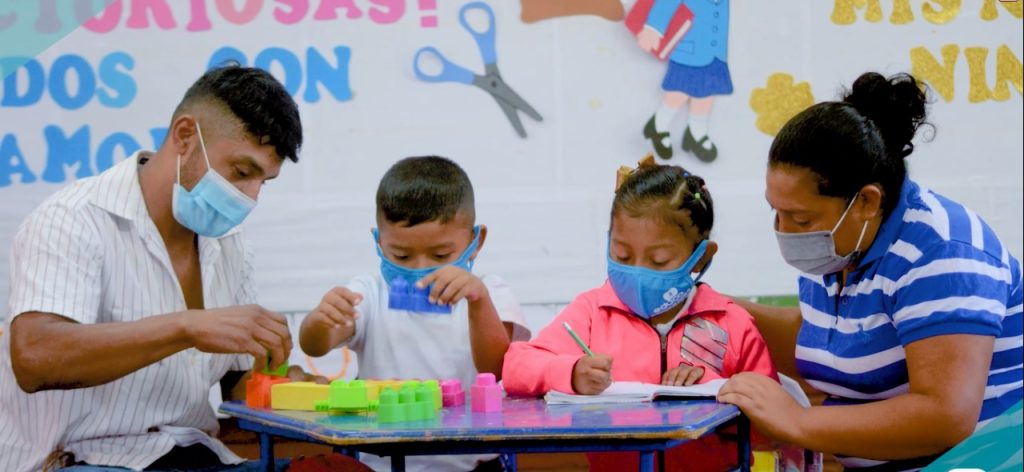
«We position the rights of children, let’s work with the boys and girls at home so that they know their rights, so that they can exercise them. Let’s give them that confidence and that protective environment (so) that they feel safe to express what they feel and need and be able to attend to them, “Pichardo reflected.
Children’s Day is celebrated in Nicaragua today, the first of June, and the commemorations extend until the seventh day of this same month. The anniversary was approved by Law 208, in 1995, signed by former President Violeta Barrios de Chamorro.
On this date, in all schools and institutions of pre-school, primary, secondary, technical and university education, different dissemination activities are promoted on the promotion, defense and application of the rights of the boy and the girl.
By United Voices












